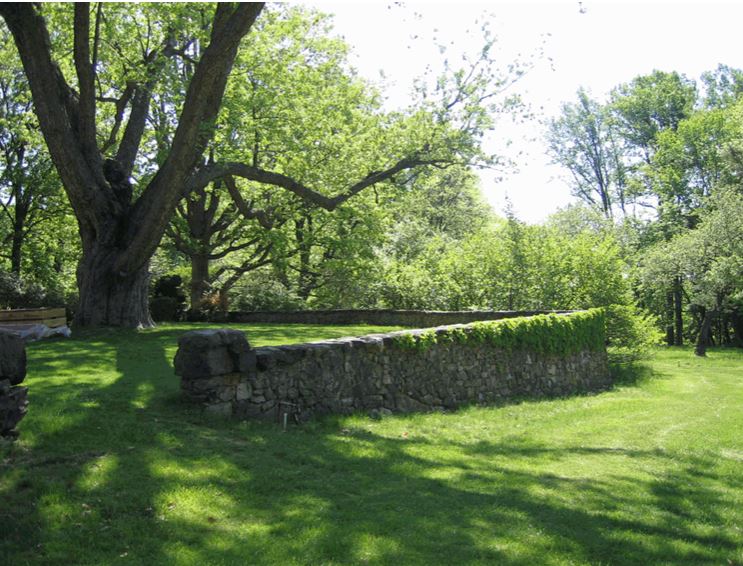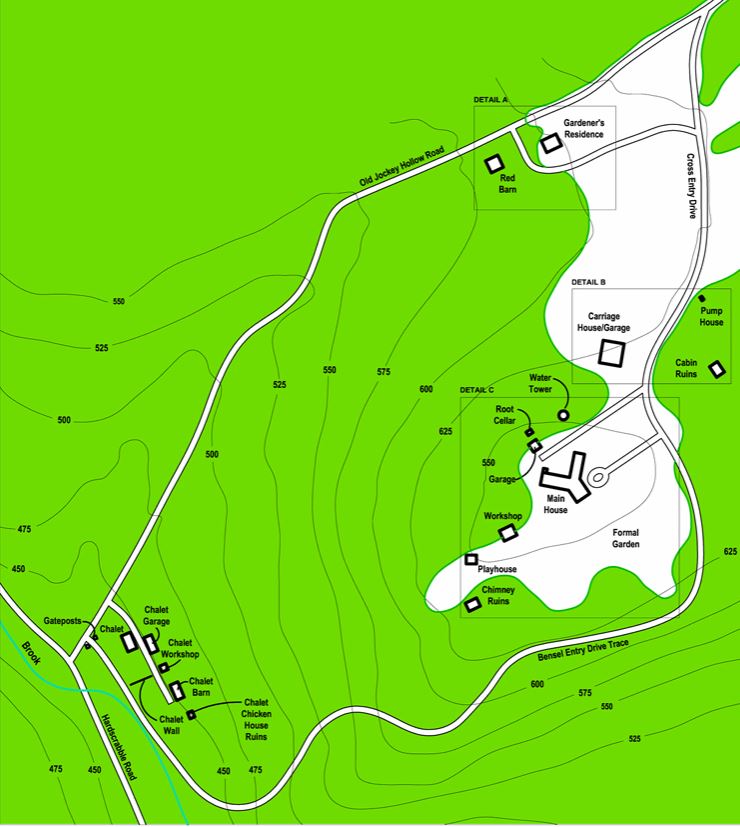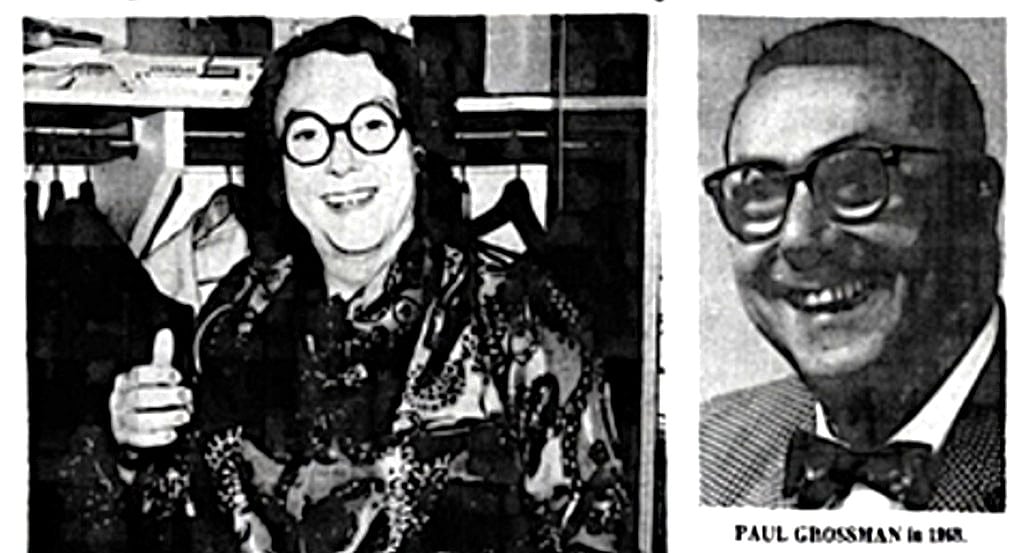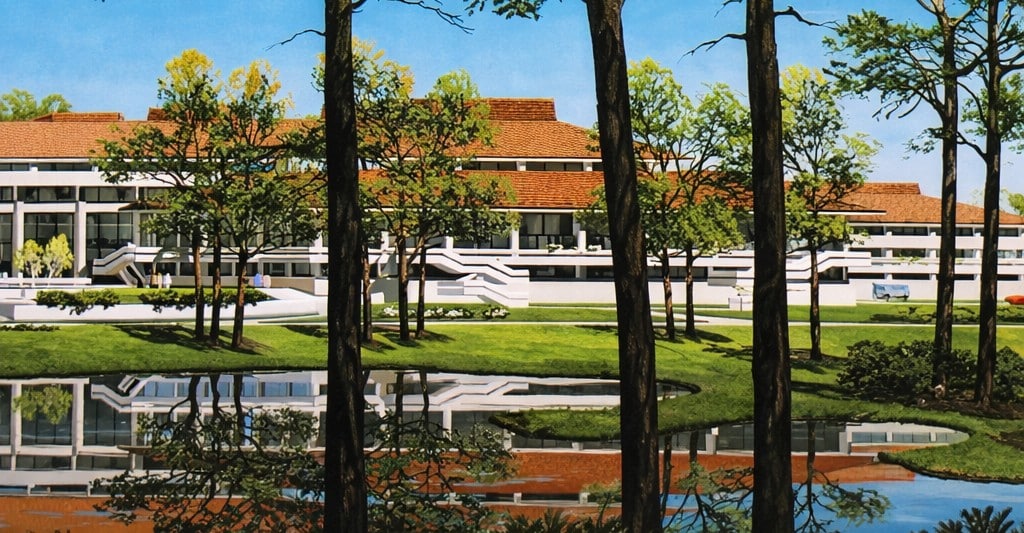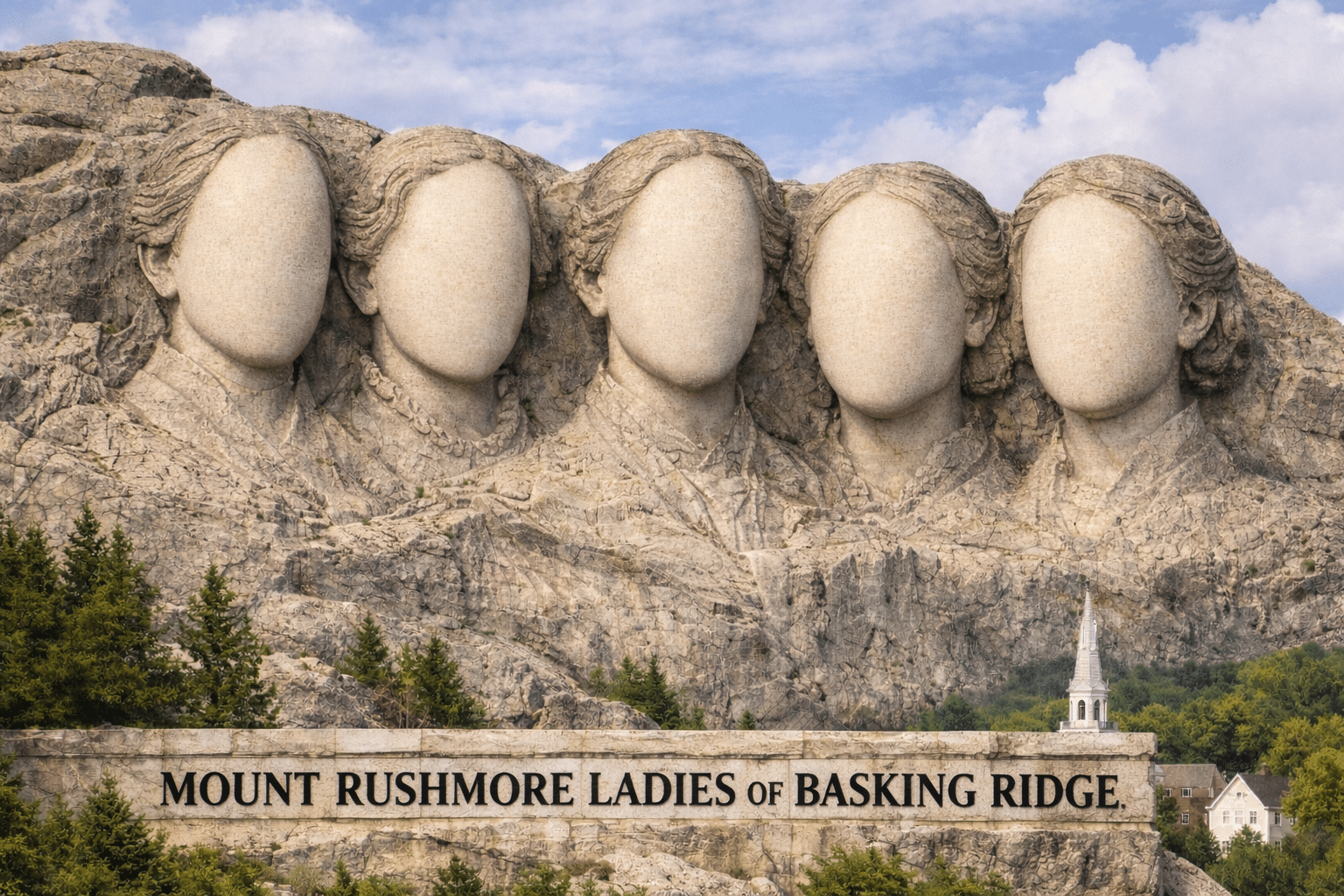Mixed inside a Revolutionary War site on a hillside in Bernardsville, New Jersey, is a modest estate with lovely gardens. The Cross Estate encompasses 162 acres and, together with the Jarvis tract, augments the 320-acre New Jersey Brigade Encampment Area, the second largest unit of Morristown National Historical Park, the first designated national historical park in the United States. The property lies north of the New Jersey Brigade unit and connects to the Jockey Hollow unit to the northwest. The property is 5 1/4 miles southwest of Morristown Center in Bernardsville, Somerset County, NJ.
Estate History
John and Ella Bensel built the house in 1905, and William R. and Julia Newbold Cross purchased it in 1929. Both families were part of a trend of wealthy industrialists and financiers who established country homes in Morristown and Bernardsville’s “Mountain Colony.” John Bensel was an American civil engineer and politician from New York who chose to live in Bernardsville. In 1910, he was President of the American Society of Civil Engineers.
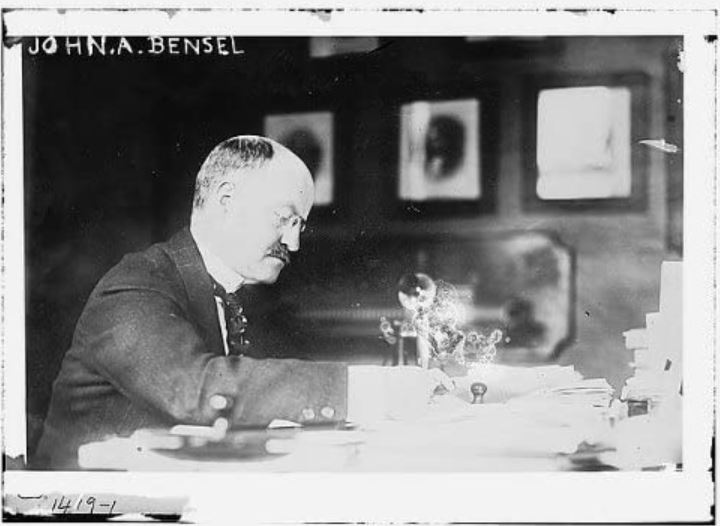
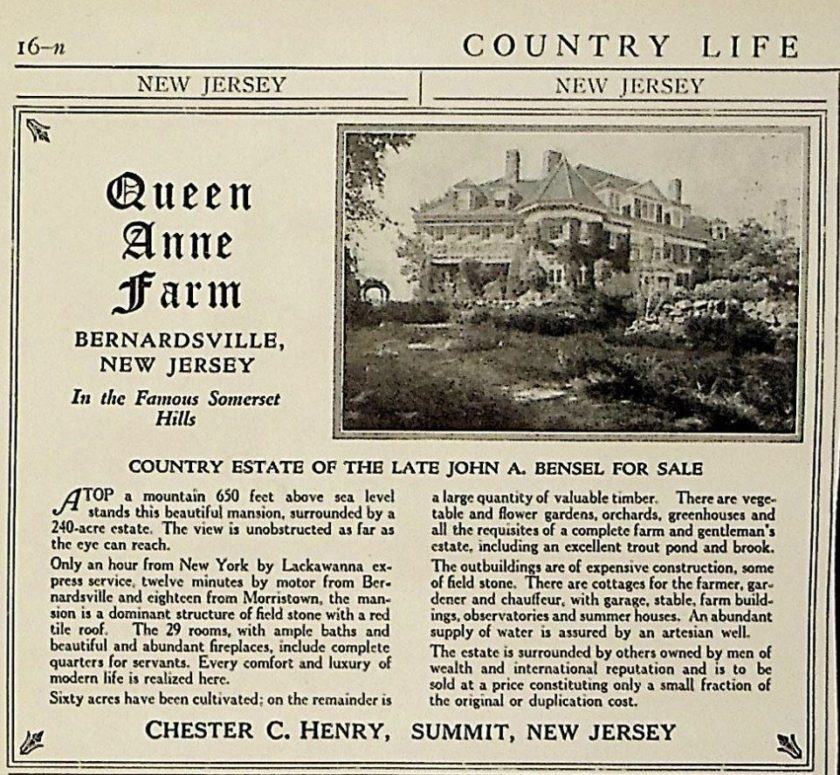
In 1929, W. Redmond and Julia Cross purchased “Queen Anne Farm” from Ella Bensel, a few years after her husband’s death. They renamed the estate “Hardscrabble House” and began renovations shortly after their purchase.
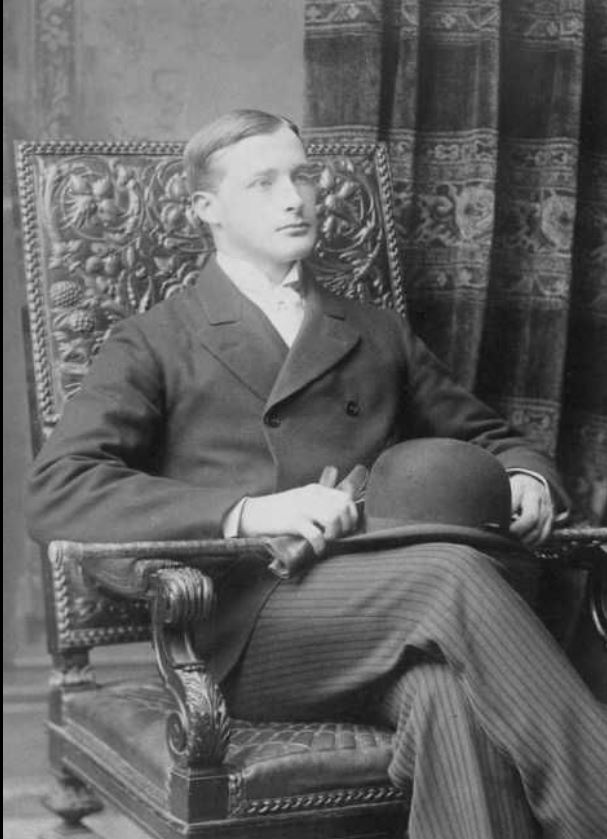
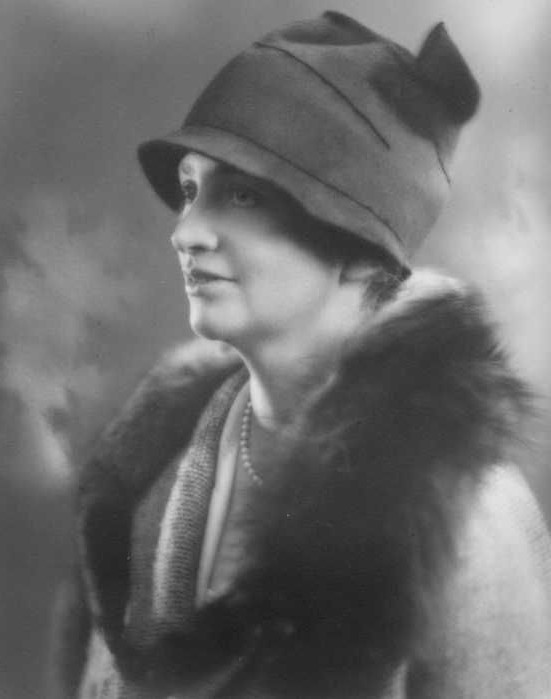
They employed Frederick R. King, an architect with the firm Wyeth & King who had worked for McKim, Mead, and White, to make major alterations to the house, including the addition of a library wing. Landscape architect Clarence Fowler was commissioned to layout a sunken walled garden and pergola and clear vistas on the property. Following Mr. Cross’s death, Julia Cross recommissioned Frederick King to scale down the estate. Extensive changes included the removal of the east wing and large stone porch.
Hardscrabble: Something described as hardscrabble is difficult and challenging.
The Cross’s bought the Queen Anne Farm in 1929 at the height of the great depression.
Many people overcome a hardscrabble childhood and go on to achieve their dreams. During an economic depression, many people’s lives become hardscrabble as they fight to find work. This sense of struggling to keep your head above water metaphorically captures the meaning of hardscrabble. It also means land that is very difficult to grow anything on.
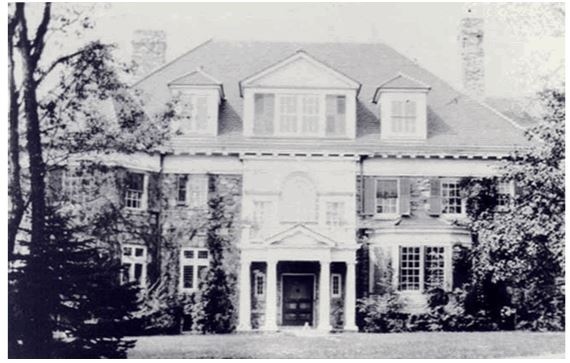
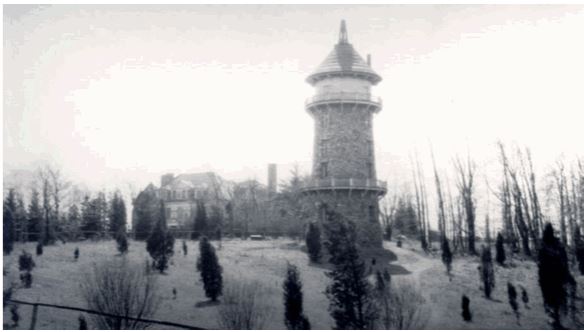
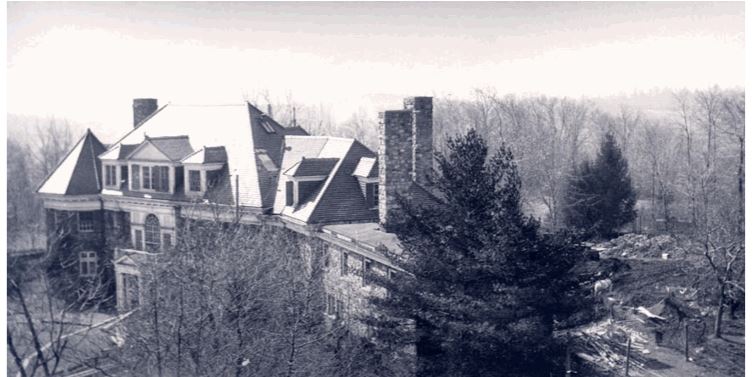
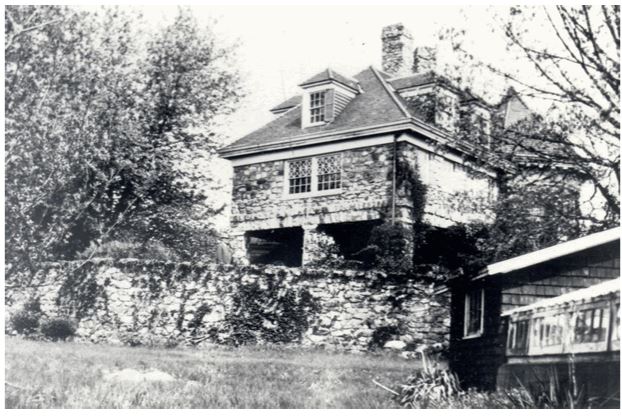
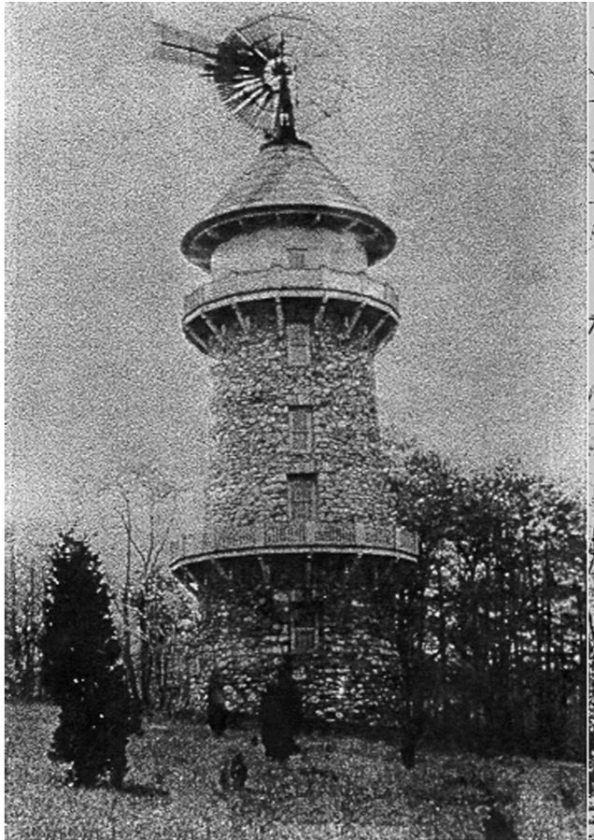
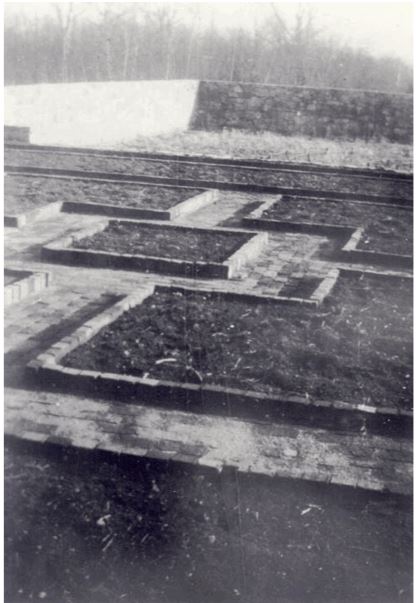
The Cross Gardens
Julia Cross oversaw the construction of the gardens, reconfigured the lawns and created vistas, planted substantial vegetation, and constructed an entirely new entry drive, abandoning the Bensel drive. She took an interest in establishing both annual and perennial plantings. An early proponent of naturalistic style and native plantings, Mrs. Cross also experimented with the introduction of some exotic specimens as well. Mrs. Cross served as president of the NY Horticultural Society from 1950-58 and was a member of the Royal Horticultural Society.
The house was remodeled in 1940 after the death of William Redmond Cross, but the gardens remain the most significant contribution the Cross family made to the estate. Julia Cross continued to live on the estate until she died in 1972. No changes were made to the estate between 1972 and 1975 when the National Park Service acquired the property as part of the Morristown National Historical Park. However, some landscape features, such as the Cross Garden, had begun to deteriorate through benign neglect. Since then, the NPS has repaired or stabilized many of the buildings and structures on the Cross Estate, and The New Jersey Historical Garden Foundation was formed in 1987 to reestablish and care for the plants in the formal garden.
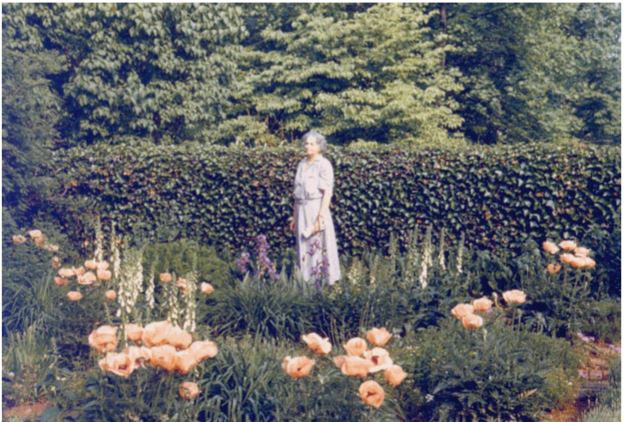
As you explore the estate grounds, you’ll discover a few of its Bensel-era remnants, including a five-story, stone water tower and a large silver maple tree the Bensels planted in 1906.
In 1975, Morristown National Historic Park purchased this property to protect the adjacent Revolutionary War New Jersey Brigade encampment area and connect to the Jockey Hollow section of the park. The house and grounds of this former private estate have recently been declared eligible for National Historic Landmark status.
Today, the grounds can serve as your retreat to share with friends and family.
National Register
The Cross Estate National Register documentation was submitted to the New Jersey State Historic Preservation Office (SHPO) on November 5, 1986. On January 22, 1987, the New Jersey State Review Board for Historic Sites recommended the Cross Estate for inclusion in the State and National Registers, pending additional information on the estate’s landscape architecture and clarifying the status of those buildings under fifty years of age.
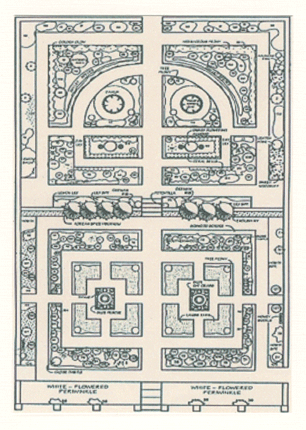
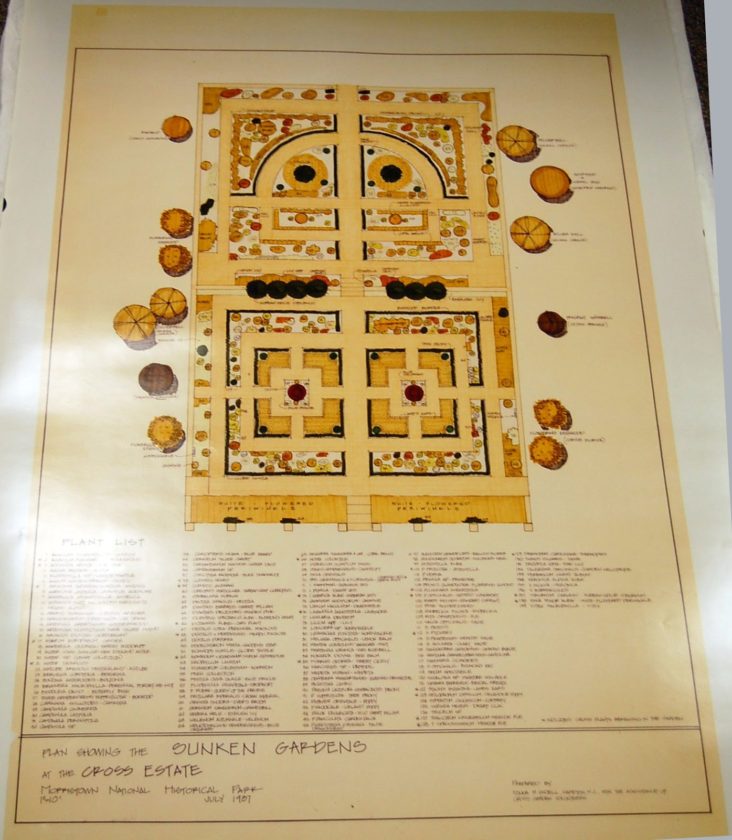
Volunteer Opportunities
From April through November, our hardy group of volunteers meets every Wednesday morning from 9 a.m. to noon to work in the historic Walled Garden, Native Plant Garden, wisteria-covered pergola, mountain laurel allee, and the other garden areas near the Cross Estate mansion. Tea/coffee/hot chocolate plus baked treats are provided during our 10:30 a.m. break under the pergola. Volunteering at the Cross Estate Gardens is a great opportunity to learn from our experienced gardeners. All levels of gardening experience are welcome.
For more information, email [email protected].
The Cross mansion and the water tower are not open to the public. The National Park Service uses the buildings for offices and storage space. No wedding receptions or other party-type events are allowed on the property. Still, small wedding ceremonies for groups of 25 or fewer people, as well as professional photography, can be held at the gardens. A permit from the National Park Service is required.
